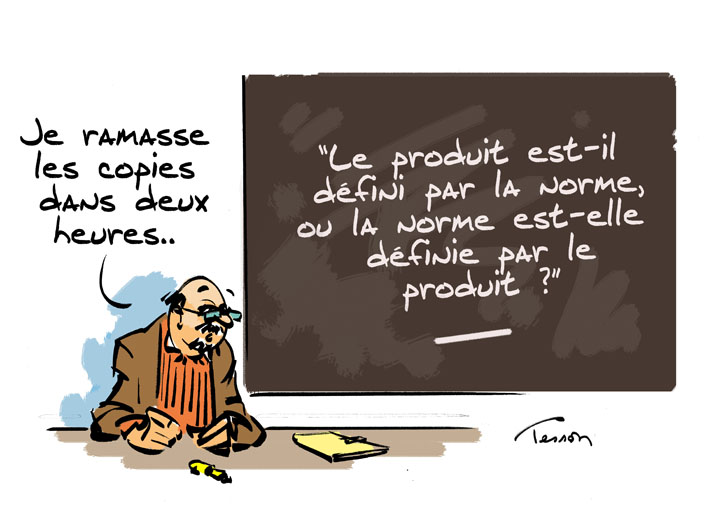We are witnessing the development of practices that are similar to racketeering, resulting from accumulation by essentially financial companies (“non-practising entities” or NPEs). These companies, often called patent trolls, offer a service to industrial companies to “regularise” their situation with a licence.
When patent clusters reach several dozens or even hundreds of titles, it is fanciful to check the scope and enforceability of these rights in a traditional way. Accepting “regularisation” conditions is the only way to avoid necessarily costly litigation, whatever the result may be.
An NPE has no retaliatory measures because it does not have a commercial or industrial activity.
On several occasions, IP TRUST has helped companies facing these practices, and has deployed effective and creative measures:
- Declaratory non-infringement actions
- Referral to the European Commission for anti-competitive practices
- Referral to the Competition Council
IP TRUST’s technological and financial analytical capabilities are supported by lawyers with specialised expertise in competition law.

